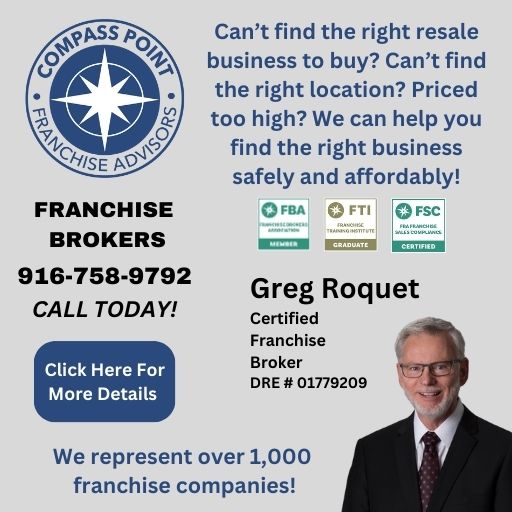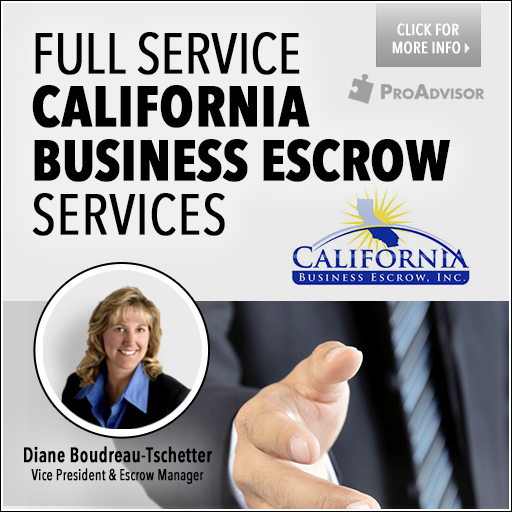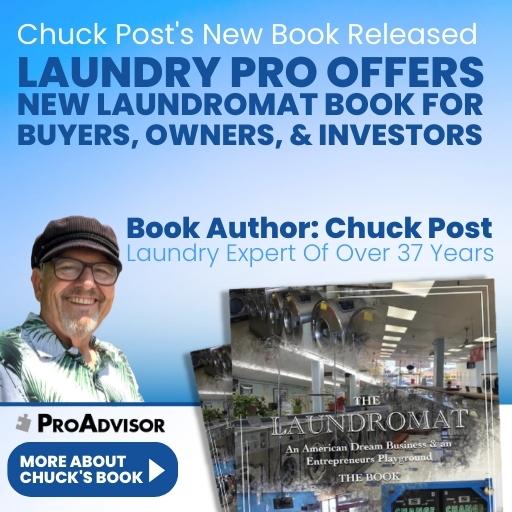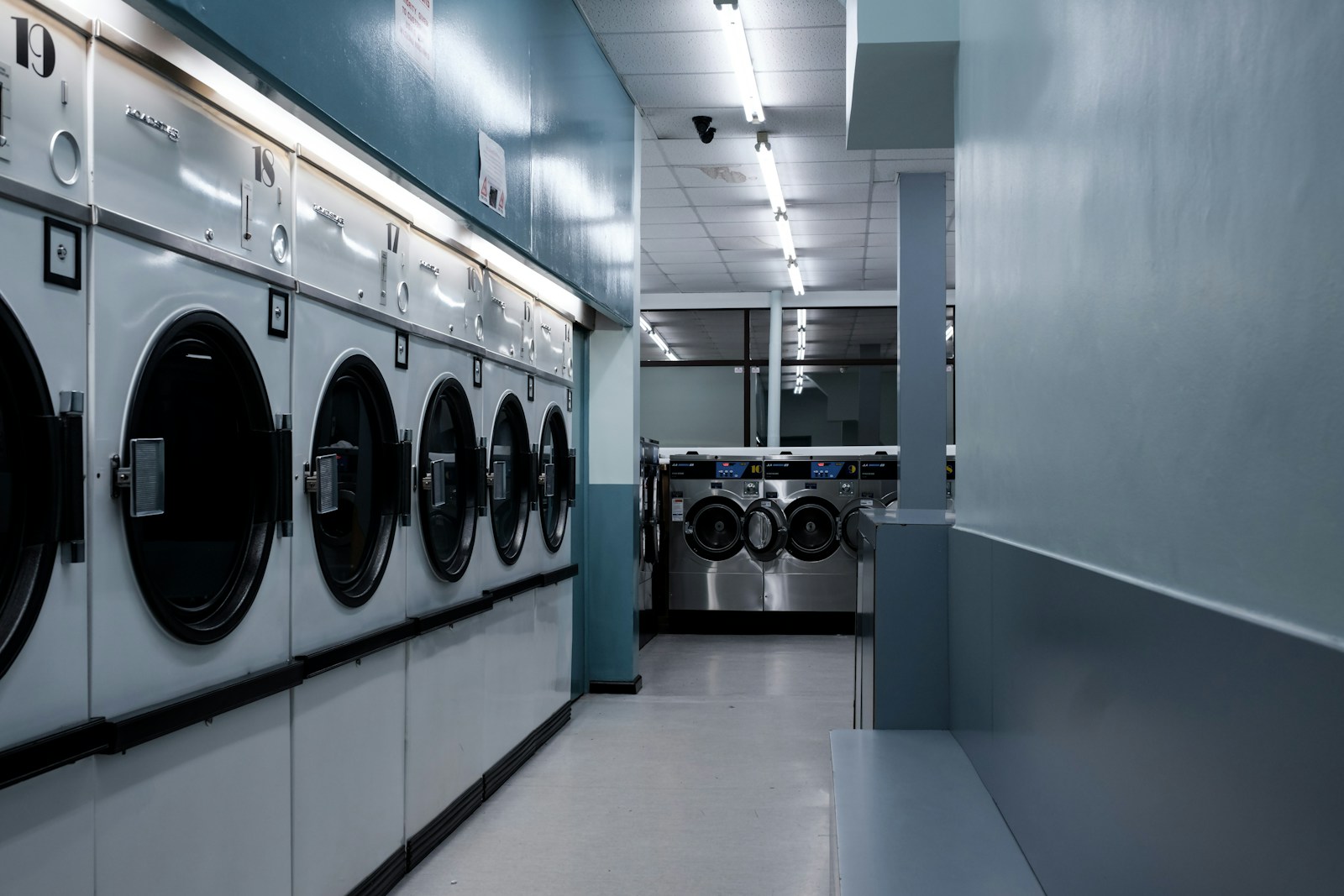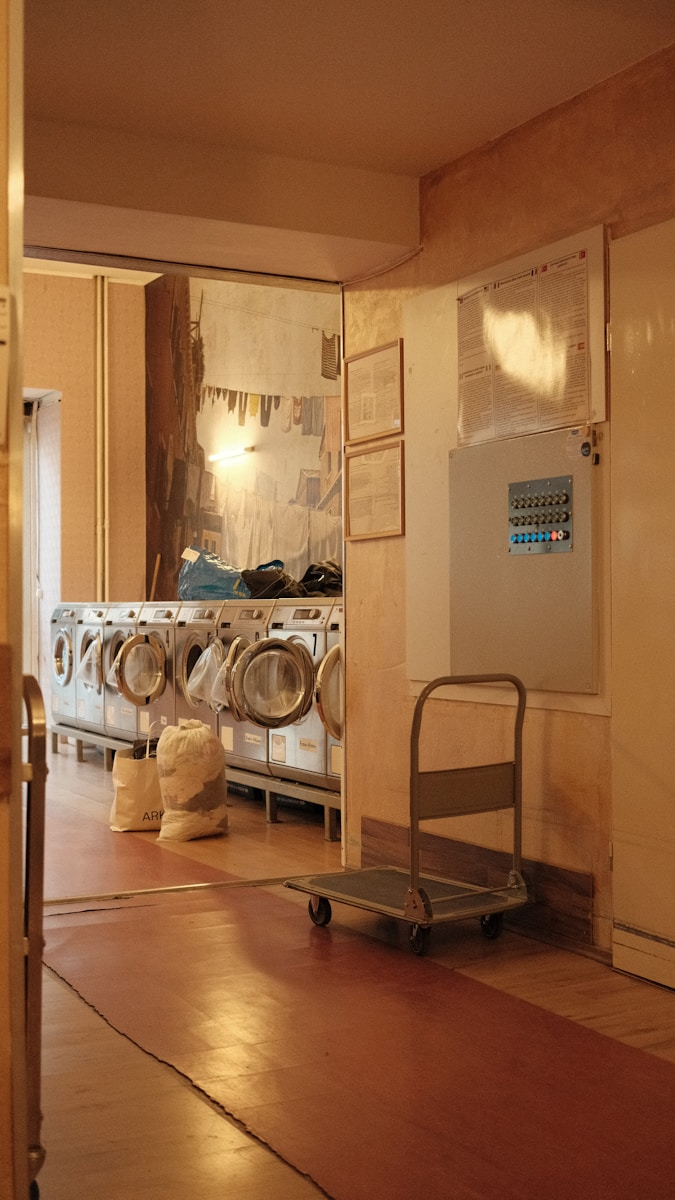
Buying a beauty supply shop can be a smart investment if approached with the right strategy. These businesses generate billions in annual sales, and whether you’re considering a franchise or an independent shop, you must evaluate costs, financing, due diligence, and location. Understanding inventory trends, licensing requirements in California, and customer expectations will help you navigate the competitive beauty supply market successfully.
Buying a beauty supply shop requires careful planning, from evaluating location and inventory to analyzing profit margins and financing options. Understanding the target market, keeping up with market developments, and making sure California’s licensing regulations are followed are all essential for success. Conducting due diligence and reviewing financial records are essential steps before making the purchase.
The Beauty Supply Industry Landscape
The beauty supply industry does $10 billion in sales annually. Like every industry, there are some larger chains that dominate the marketplace. When it comes to buying a beauty supply shop, there are several companies like Sally Beauty Supply, Ulta, and Sephora that you’ll want to look out for, as they are among the top producers.
The top 50 companies in the industries generate about 75 percent of all their revenue, but there is still a piece of the pie to be had by small businesses, so here are some tips on buying a beauty supply shop.
Location and Your Target Market
When looking at a beauty supply shop, determine who their target customer is. Some beauty supply shops target hair stylists, salon owners, and other professional service providers. If that is the type of beauty supply shop you are considering, look at the businesses that surround the store. Are there a lot of salons in close proximity? Hair stylists and beauty professionals will most likely become your loyal customers if your beauty supply shop is close to where they work or live.
The other type of beauty supply shop is one that targets the consumer. Examples of a store like this would be Sephora and Ulta, while Sally Beauty Supply caters to both professionals and the consumer. Your location is also important if you are pursuing this type of beauty supply store. If you are conveniently located in proximity to other shopping destinations, like grocery stores, shopping malls, etc., you have a greater opportunity of building a loyal client base.
Location factors are among the most critical aspects of buying a beauty supply shop in California. Proximity to busy retail centers, visibility from main roads, and local demographics determine customer flow. Before finalizing a purchase, consider the competition in the beauty supply market and evaluate whether the area supports long-term profitability.
Inventory and Supply Management
In my experience, the most successful beauty supply stores are those that stay up to date with the latest trends. Being a guy, I certainly don’t understand the need for new nail polish colors every season, but I can assure you, women do, so make sure the inventory you’ll be buying is current. If stuff has been sitting on the shelves for months, make sure you are not paying full price for it, as you’ll probably have to discount it to move it at some point.
Customers want the latest trends when it comes to beauty supplies, so understand that inventory is going to be one of your largest operating expenses. And, with any retail business, you’ll need to make sure there is a good system in place to manage inventory, make sure it’s not leaving with employees and being updated as it should.
Inventory management systems are crucial when evaluating a beauty supply shop for sale. Buyers should check if the business uses digital inventory software to track sales and restocking. Since beauty supply store profit margins often depend on high product turnover, outdated or stagnant stock can impact cash flow.
Product Knowledge and Customer Experience
This is a business where you have to know about the products you are selling. If you are not a professional cosmetologist or someone that is familiar with the industry, you may have a tough time walking into the beauty supply business as you’ll have a lot of product knowledge to learn right out of the gate.
Customers are going to come in and ask for recommendations on products and want your input. You’ll instantly gain credibility with them if you can recommend a solution to their problem. If your solution works; even better! Customer service is very important in this industry.
As I said earlier, it’s a highly competitive industry with some big names that you’ll be going up against, so as a small beauty supply shop, you’ll need to make sure you and your staff have adequate product knowledge and provide exceptional customer service to compete with the big stores.
In addition to product knowledge, some beauty supply stores that work only with professionals sell salon equipment and design. This area is another ball game, so when considering a beauty supply shop look at what the current owner is doing in this market. If they are in this market, decide if you want to stay in it and if so, you’ll again need to know more about the latest trends. If they are not in this market, it could be a potential space for you to expand in to once you’ve got your foot in the door.
Marketing and Industry Positioning
Look at the current owner’s marketing strategy. You’ve got to be utilizing social media in the beauty supply business. So much of this industry is visual. Social media is the perfect medium to sell your products and position yourself as an expert in the industry.
In California, beauty supply store due diligence should include reviewing the shop’s digital presence, online reviews, and customer engagement. Effective digital marketing combined with loyalty programs can help increase repeat purchases and strengthen profit margins.
Financial Considerations and Valuation
When exploring the cost of buying a beauty supply shop, analyze financial records for at least three years. Review revenue trends, debt obligations, and operating expenses. Valuing the business requires considering gross margins, lease terms, and existing supplier contracts. Financing options for buying a beauty shop may include SBA loans, bank financing, or seller financing, which can make the acquisition more feasible.
Legal and Licensing Requirements
Buyers must also review licensing requirements for beauty supply stores in California. Business permits, resale licenses, and compliance with state cosmetic safety regulations are crucial. Without proper licenses, you may face penalties or delays in transferring ownership. This step should always be part of your acquisition checklist.
Market Outlook and Risks
As you can see based on this post, buying a beauty supply shop is more than just looking at financials. There are some areas that require some consideration before purchasing. Thinking about these upfront while doing all the other standard due diligence will help make your purchase of a beauty supply shop go as smooth as possible.
In the next five years, proprietors of beauty supply stores will need to focus on launching new goods to boost sales, according to IBIS World. Competition from discount stores like Walmart and drugstores is increasing, so although revenues remains strong, the organization expects competition in the beauty supply shop market to increase.
Risks of buying a beauty supply store include changing consumer preferences, rising competition, and dependency on specific suppliers. To minimize risks, review beauty supply industry trends for 2025 and consider whether the business can adapt to future changes, such as eco-friendly products or e-commerce growth.
FAQs:
Q1: What is the best way to buy a beauty supply shop in California?
The best way is to conduct due diligence, secure financing options like SBA loans, evaluate profit margins, and review licensing requirements before finalizing the deal.
Q2: How do I value a beauty supply business before purchase?
Valuing a beauty supply business involves analyzing financial statements, inventory turnover, location factors, and profit margins. Independent valuation experts can help.
Q3: What are the biggest risks of buying a beauty supply store?
Common risks include declining inventory demand, stiff competition in the beauty supply market, and rising operating costs. Mitigating these risks requires proper planning.
Q4: Do I need a license to operate a beauty supply shop in California?
Yes, licensing requirements in California include a business license, resale permits, and compliance with cosmetic safety regulations.
Q5: How much does it cost to buy a beauty supply shop?
Location, size, and inventory all affect the price. Prices often range from little independent enterprises that cost less than $100,000 to larger establishments that cost more than $500,000.
Related Posts

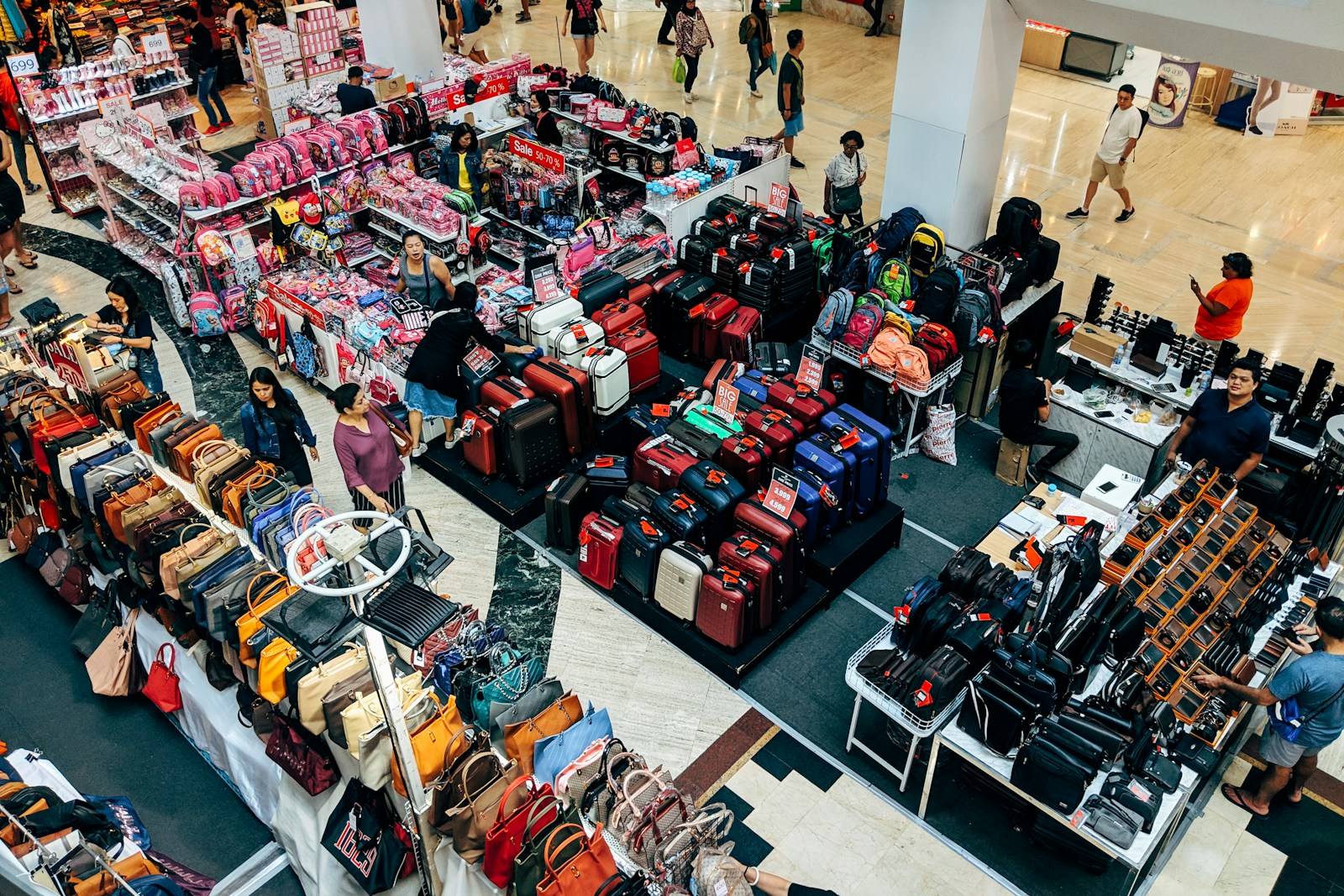
By Christina Lazuric, CBI, CBB




